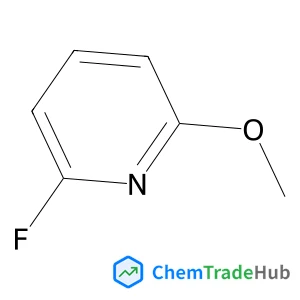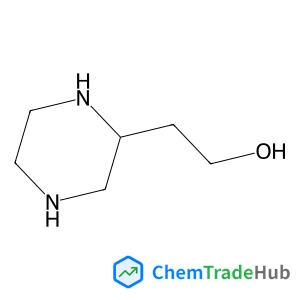Target-selective degradation of proteins by a light-activated 2-phenylquinoline-estradiol hybrid
文献情報
Akane Suzuki, Kana Tsumura, Takeo Tsuzuki, Shuichi Matsumura, Kazunobu Toshima
A designed 2-phenylquinoline-estradiol hybrid effectively and selectively degraded the target transcription factor, human estrogen receptor-α (hER-α), which has a high affinity with the estradiol moiety, under long-wavelength UV photo-irradiation, without additives and under neutral conditions.
関連文献
IF 6.222
Enhanced power performance of an in situ sediment microbial fuel cell with steel-slag as the redox catalyst: I. electricity generationIF 6.367
Permselective ion electrosorption of subnanometer pores at high molar strength enables capacitive deionization of saline waterIF 6.367
Mechanism of lignocellulose modification and enzyme disadsorption for complete biomass saccharification to maximize bioethanol yield in rapeseed stalksIF 6.367
Life cycle assessment of plasma-assisted ethylene production from rich-in-methane gas streamsIF 6.367
Photoactivatable fluorophores for durable labelling of individual cellsIF 6.222
Synthesis and hydrogen evolving catalysis of a panchromatic photochemical molecular deviceIF 6.367
Transition metal chemistry in synthetically viable alkaline earth complexes M(Cp)3− (M = Ca, Sr, Ba)IF 6.222
Contents listIF 6.222
The dilemma between acid and base catalysis in the synthesis of benzimidazole from o-phenylenediamine and carbon dioxide‡IF 6.222
掲載誌
Chemical Communications
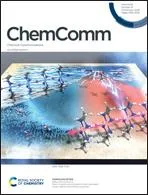
ChemComm publishes urgent research which is of outstanding significance and interest to experts in the field, while also appealing to the journal’s broad chemistry readership. Our communication format is ideally suited to short, urgent studies that are of such importance that they require accelerated publication. Our scope covers all topics in chemistry, and research at the interface of chemistry and other disciplines (such as materials science, nanoscience, physics, engineering and biology) where there is a significant novelty in the chemistry aspects. Major topic areas covered include: Analytical Chemistry Catalysis Chemical Biology and medicinal chemistry Computational Chemistry and Machine Learning Energy and sustainable chemistry Environmental Chemistry Green Chemistry Inorganic Chemistry Materials Chemistry Nanoscience Organic Chemistry Physical Chemistry Polymer Chemistry Supramolecular Chemistry
おすすめサプライヤー
 蘭渓永豊機械有限公司
蘭渓永豊機械有限公司 ハートン · アラゲンテクニク GmbH
ハートン · アラゲンテクニク GmbH テニーソルS.L.
テニーソルS.L. 上海赫诗特化工有限公司(赫特国
上海赫诗特化工有限公司(赫特国 成都迈德精化科技有限公司
成都迈德精化科技有限公司 Lausitzer Analytik GmbH
Lausitzer Analytik GmbH 東莞市創昇機械設備有限公司
東莞市創昇機械設備有限公司 Estates City Bangcheng Chemical Co., Ltd.
Estates City Bangcheng Chemical Co., Ltd. 南京オデッセイ化学有限公司
南京オデッセイ化学有限公司 山东京衛製薬有限公司
山东京衛製薬有限公司










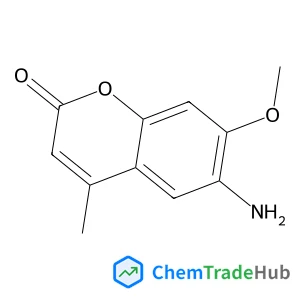
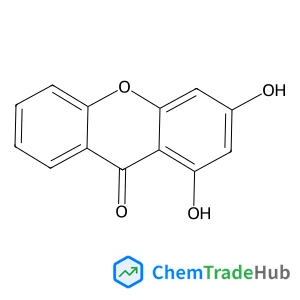
![500789-05-9 - (3R)-3-(2-Chlorophenyl)-3-({[(2-methyl-2-propanyl)oxy]carbonyl}amino)propanoic acid 500789-05-9 - (3R)-3-(2-Chlorophenyl)-3-({[(2-methyl-2-propanyl)oxy]carbonyl}amino)propanoic acid](/structs/500/500789-05-9-80b4.webp)
